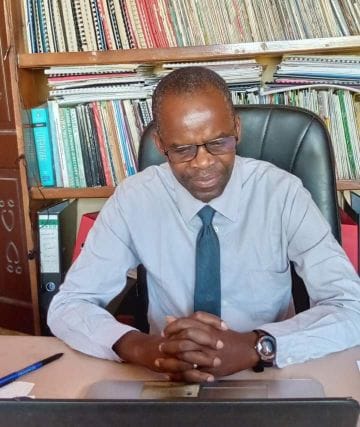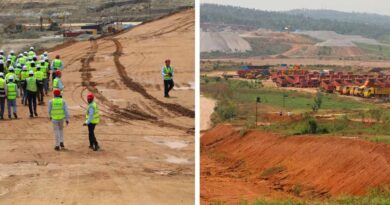Proper Usage of PPE Essential in Agriculture Practices
In response to the increasing pressure from weeds and pests affecting crops, some smallholder farmers in Kapiri Mposhi have turned to the use of pesticides and herbicides.
However, concerns have been raised by Climate Smart Agriculture Expert and Conservation Farming Unit Senior Manager, Dr. Oliver Bulaya, regarding the inadequate use of Personal Protective Equipment (PPE) by these farmers.
Dr. Bulaya emphasized the importance of adhering to safety measures when handling toxic substances. He expressed dismay at the sight of many farmers using pesticides and herbicides without wearing proper protective clothing, highlighting the associated health risks.
PPE, including head coverings, gloves, respirators, and gum boots, plays a crucial role in shielding farmers from the potential dangers linked with the use of these chemicals.
The Conservation Farming Unit, under Dr. Bulaya’s leadership, prioritizes safety in all agricultural activities. He stressed that farmers should undergo training on the safe handling of chemicals, as improper use can lead to health issues and environmental hazards.
Dr. Bulaya underscored that safety must not be compromised, and the health of farmers should be a top priority.
Amid the rising cases of diseases, including cancer, Dr. Bulaya urged experts in the agricultural sector to address the issue seriously.
Farmers using chemicals without proper protective measures should be stopped, and experts should actively engage in training programs to raise awareness about the importance of PPE.
In conclusion, Dr. Bulaya affirmed the need for farmers to understand the potential consequences of neglecting safety measures. He emphasized that the discomfort of wearing protective clothing is a small price to pay compared to the long-term health implications.
The call to improvise PPE and incorporate safety practices in agricultural activities is seen as a crucial step towards ensuring the well-being of farmers and safeguarding the environment.



